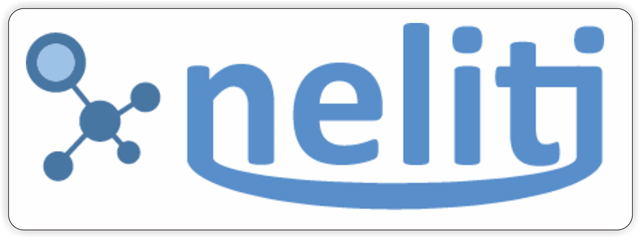THE CONCEPTUALIZATION OF SOLIDARITY AND TOLERANCE LEARNING IN PROVERBS OF ADANG LANGUAGE
Abstract
The research questions triggering the current research are (1) what valuable ideas of tolerance and solidarity are expressed in Adang proverbs? (2) How are the ideas of tolerance and solidarity conceptualized in proverbs? (3) How are the value-bearing proverbs of Adang taught and transmitted from generations to generations? (4) How do people of Adang community put these ideas of solidarity and tolerance in practice in their daily life? To investigate the answers to the questions, descriptive qualitative method was employed in the research, where data gathering was conducted via observation and interviews. Data obtained were then analyzed qualitatively. To obtain valid and reliable data as well as valid and reliable results of data analysis, looping and triangulation were applied. The results show that there are at least four important ideas of solidarity (or in Durkheim terms: four conscience of mechanical solidarity) expressed in Adang proverbs, namely (1) solidarity in settlement/ housing, (2) solidarity in sharing of livelihood, (3) solidarity in friendship and networking; and (4) solidarity in poverty and prosperity. These concepts or ideas of solidarity are all pertaining to Durkheim’s mechanical type of solidarity. With respect to ideas of tolerance, two Adang proverbs of multi-contexts idea of tolerance are uncovered. All these ideas or concepts of tolerance and solidarity are conceptualized metaphorically, i.e, with comparison to natural phenomena, including wild-life both marine and agricultural. The concepts of tolerance and solidarity lessons are communally up-held in daily life of the community and are taught and transmitted from generations to generations via folk songs, tales and puzzles.

 JOHN WEM HAAN(1*)
JOHN WEM HAAN(1*)







